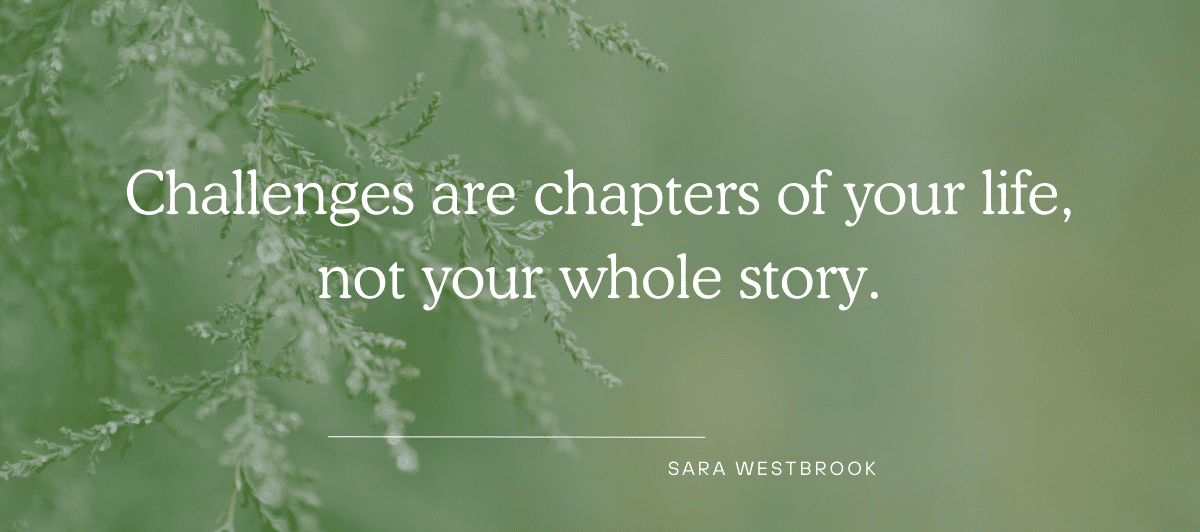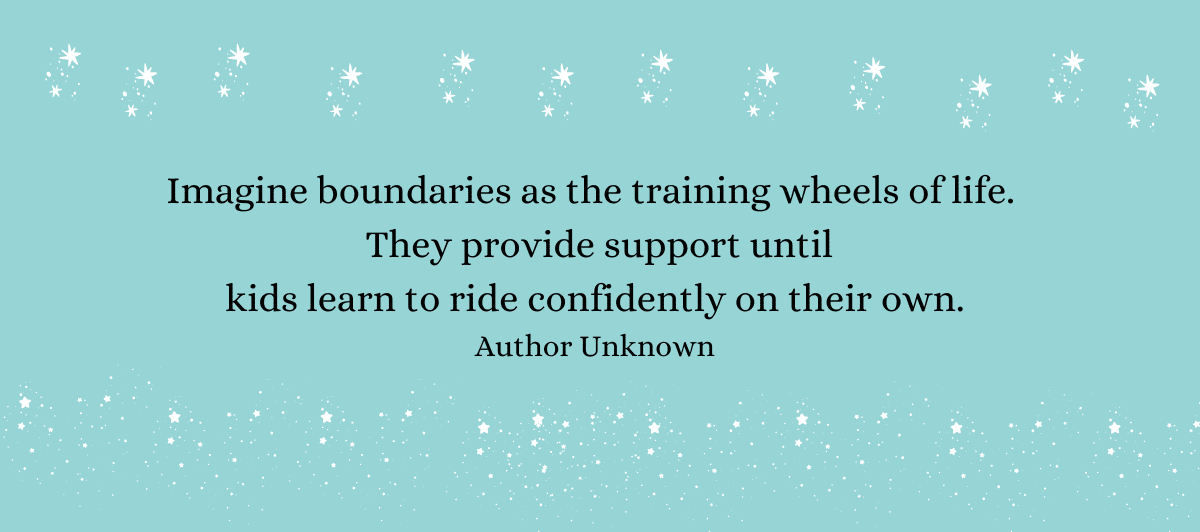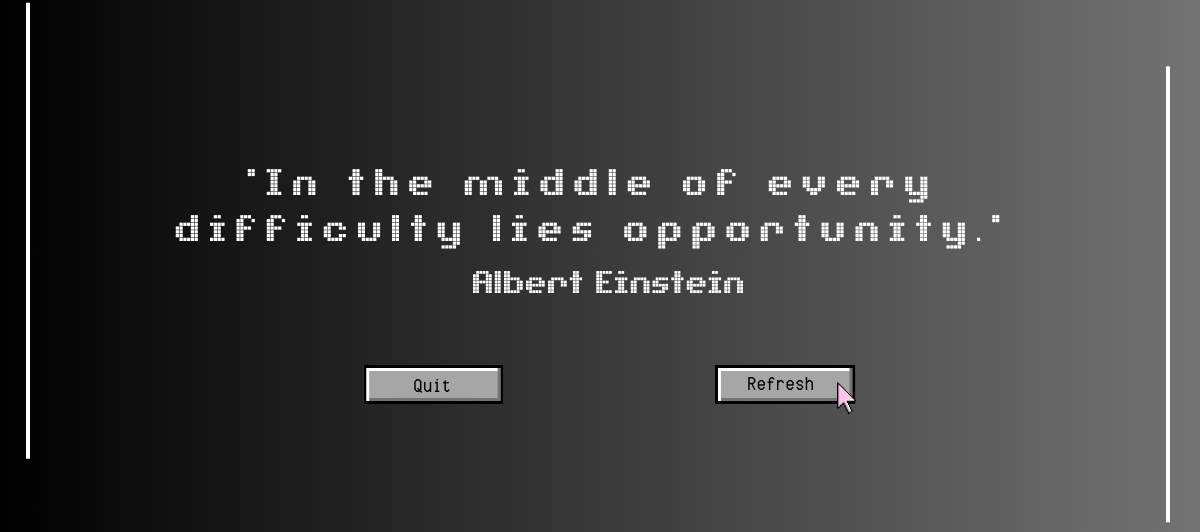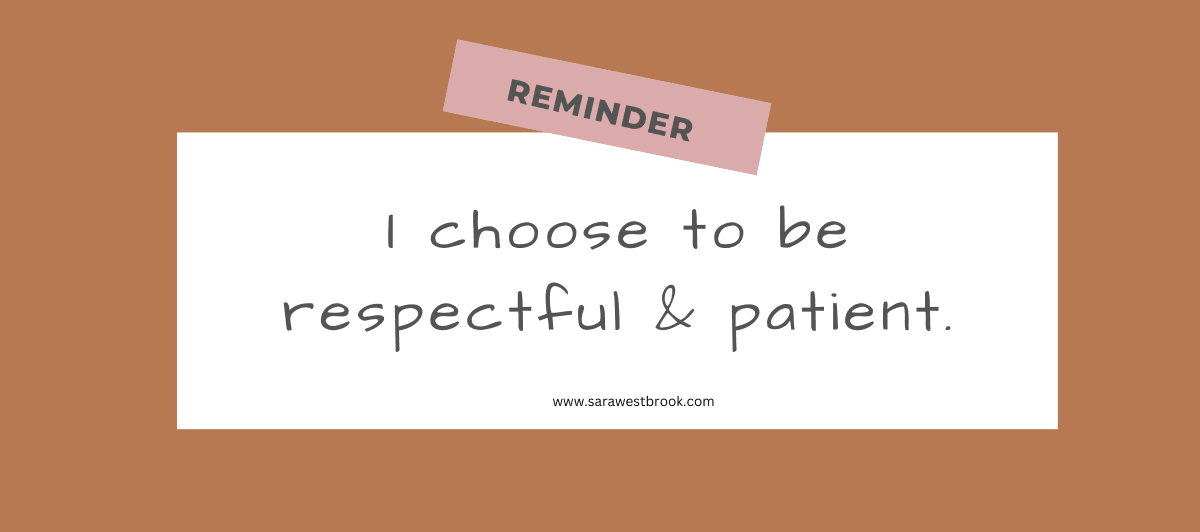
Crash Course on Resilience for Kids (Part One)
I’ve been hearing more and more about the lack of resilience skills in our young people particularly noticeable in the aftermath of the pandemic.
In light of this, I’ve created a crash course aimed at strengthening our children’s ‘resilience muscle’ for their overall well-being and future success. Here are the initial four strategies; stay tuned for more ways in the next newsletter.
1. Life is a series of ups and downs. Giving kids the opportunity to find solutions to challenges and mistakes, will enhance their ability to problem solve. It will also give them the confidence to face adversity.
2. Not everyone will like them. Even though that may hurt, it’s essential for children to understand that, even in the face of non-acceptance, they possess the power to love and accept themselves unconditionally.
3. It’s totally normal to experience emotions. Some moments bring happiness and joy, others cause disappointment and frustration. Challenges bring up emotions that can feel overwhelming and vulnerable. Expressing their emotions helps them communicate their needs, seek support and navigate difficulties.
4. Help them reflect on past experiences to identify challenges they have faced and overcome. This process helps them recognize their ability to navigate difficulties, fostering a sense of accomplishment. The realization that they’ve effectively dealt with challenges in the past instills the confidence required to approach similar situations with more calmness.
By arming children with the tools to navigate life’s twists and turns, you empower them to face challenges with courage, learn from setbacks, and cultivate a positive mindset. The efforts you put in today will shape their well-being and success for the future.
Until next time…




